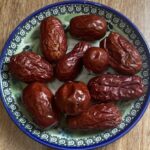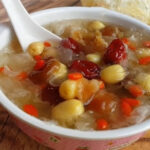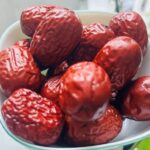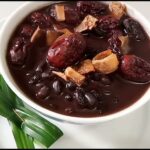Red apples have long been revered in Traditional Chinese Medicine for their purported qi-boosting and blood-nourishing properties. Many people, especially the middle-aged and elderly, believe in consuming red apples daily as an anti-aging “miracle cure.” However, according to experts, if not consumed properly, the benefits of red apples may be lost, and it could even have adverse effects – not only failing to nourish the blood but also damaging the spleen and stomach, causing phlegm buildup, and potentially weakening the body further.
Is it true that red apples are a blood tonic as rumored? In Traditional Chinese Medicine, red apples are sweet in taste and warm in nature, associated with the Spleen and Stomach meridians. They are believed to tonify the middle burner, nourish the blood, and calm the spirit. Ancient texts such as the Shennong Ben Cao Jing praised red apples for their ability to “calm the center and nourish the spleen.”
However, from a Western medicine perspective, anemia is primarily caused by iron deficiency or disorders of blood-forming functions. In contrast, the iron content in red apples is relatively low, approximately 2-3mg/100g, and the absorption rate is far inferior to that of lean meat or animal liver. Therefore, consuming large quantities of red apples for “blood nourishment” is a misconception.
Moreover, red apples have a strong sweet taste, which can be cloying. Overconsumption, especially for those with a weak digestive system, may lead to abdominal distension, loss of appetite, and the accumulation of dampness and phlegm.
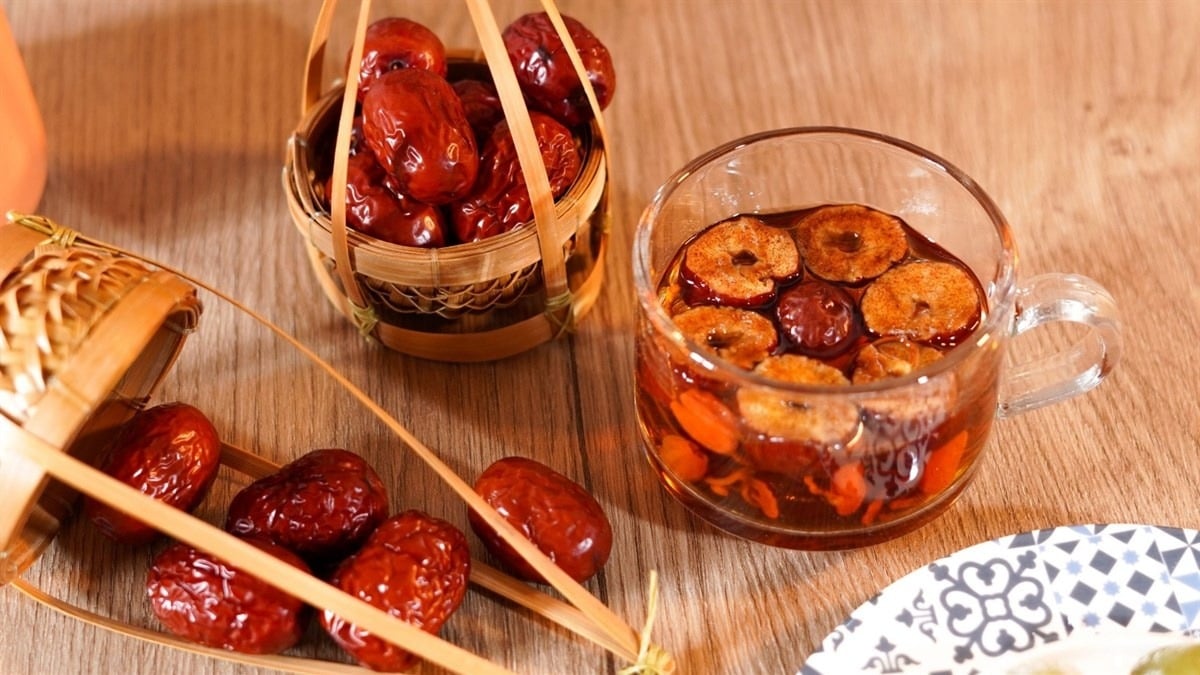
Potential Risks of Improper Red Apple Consumption
1. Phlegm Production and Dampness Accumulation:
Individuals with a phlegm-damp constitution (characterized by a thick tongue coating, a heavy body feeling, and sticky stools) who consume red apples frequently may experience increased dampness accumulation. A weakened spleen and stomach may fail to transform and transport this dampness efficiently, leading to its transformation into phlegm, resulting in coughing, chest tightness, and breathing difficulties.
2. Heat Generation and Internal Warming:
Red apples possess a warm nature and can easily generate heat. For those with yin deficiency and internal heat (characterized by a feeling of warmth, dry mouth, and acne breakouts), excessive consumption may exacerbate these conditions, leading to insomnia, constipation, and liver heat.
3. Elevated Blood Sugar Levels:
Red apples contain a significant amount of sugar, accounting for up to 70%. For individuals with diabetes or those at risk, consuming large quantities of red apples, especially dried apples, can cause a sudden spike in blood sugar levels, posing the risk of complications.
5 Groups of Individuals Who Should Refrain from Consuming Red Apples
1. Those with a Phlegm-Damp Constitution: Characterized by a white and thick tongue coating, frequent phlegm, and an oily face.
2. Yin Deficiency with Internal Heat: Prone to internal heat, acne breakouts, and insomnia.
3. Diabetics: Red apples contain a high amount of sugar, which can cause a rapid increase in blood sugar levels.
4. Individuals with Spleen and Stomach Deficiency: Those with a weak digestive system, prone to abdominal distension and poor appetite.
5. People with a Common Cold: In the initial stages of a wind-cold invasion, red apples may cause the disease to become “internally enclosed,” prolonging the recovery process.
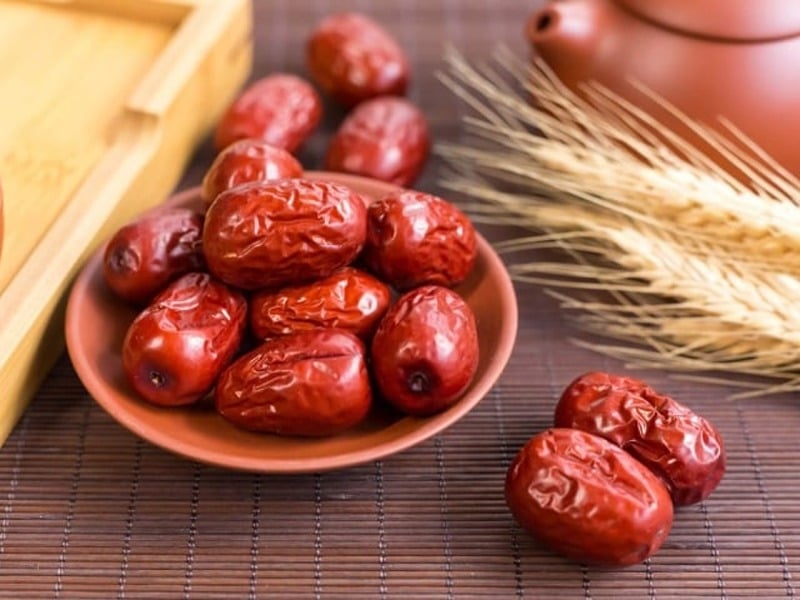
Proper Red Apple Consumption: 3 Dos and 3 Don’ts
– 3 Things to Do:
Combine with Suitable Ingredients:
Red Apple + Ginger: Warms the body, ideal for those with cold hands and feet.
Red Apple + Tangerine Peel: Reduces phlegm accumulation and aids digestion.
Choose According to Body Constitution:
For Yang Deficiency: Combine with dragon eyes (longan).
For Qi Deficiency: Use with astragalus (huang qi).
For Healthy Individuals: 3-5 apples per day is sufficient.
Proper Preparation:
Prioritize consuming fresh apples or properly cooked apples, such as in porridge, stews, or steamed dishes, for better digestion.
Avoid dried apples if your body constitution is prone to internal heat.
– 3 Things to Avoid:
Refrain from consuming excessive amounts at once, especially dried apples.
Do not use red apples as a substitute for actual blood-tonic foods like lean meat and liver.
Do not consume red apples indiscriminately when the body is fatigued or exhibiting signs of illness.

























